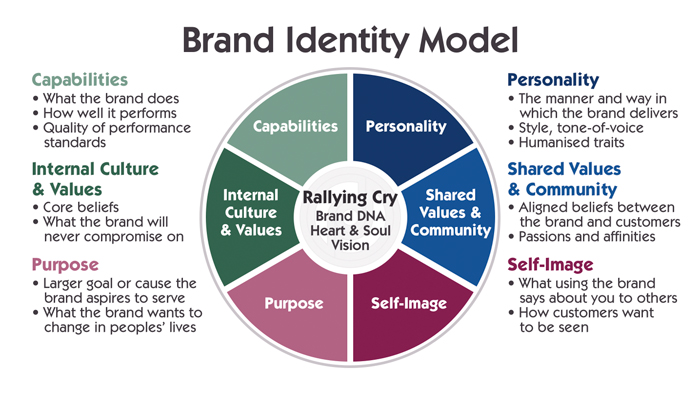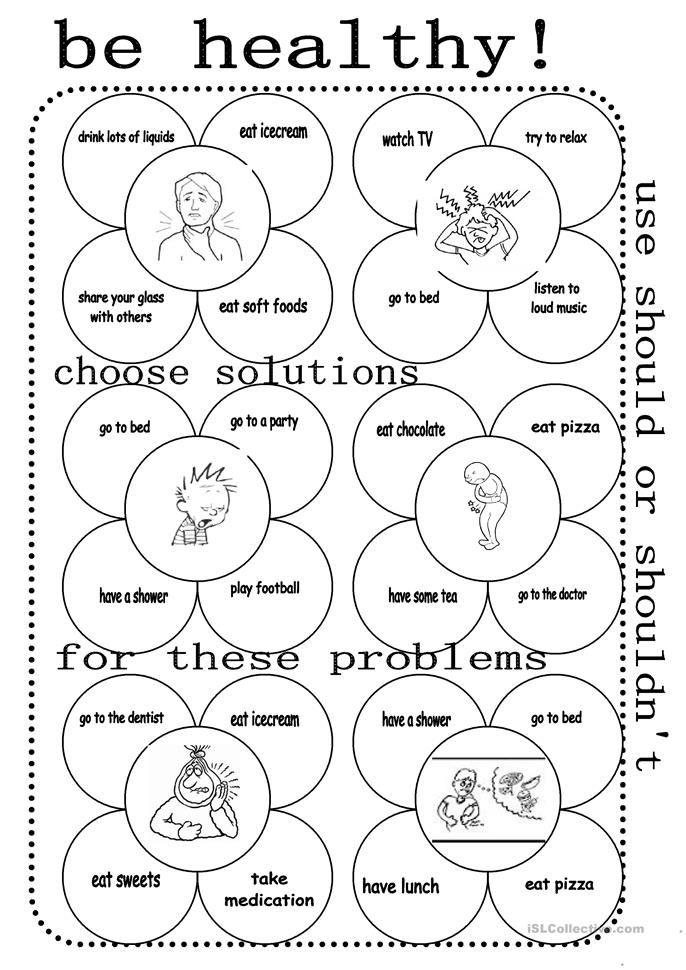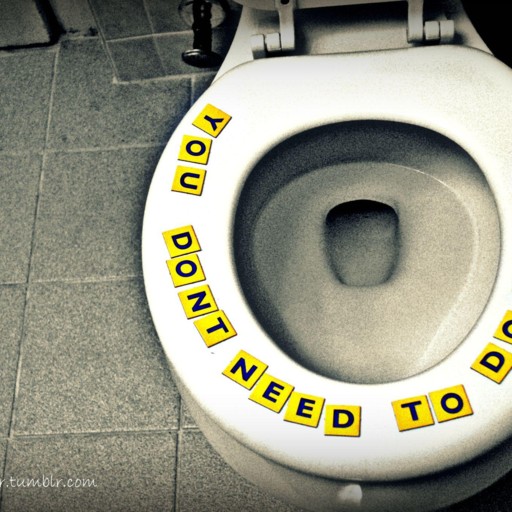Detaching with love book
Detaching With Love - A Mother's Story
Margaret Searle is a mother; a mother whose son, David, developed the disease of addiction. In the last month of David’s life, he became a missing person, walking out of his home and out of the lives of all who loved him. Devastated – fighting for his life against those in society who should have been there to help vulnerable people like David – social services, the medical profession and local authorities – all of whom failed him at the end, Margaret chose to tell their story using testimony taken from the diaries David wrote while in rehab. She titled it, Detach With Love. But Margaret’s book goes further than that. It not only challenges a rethink on the accepted wisdom of non-intervention, but also on society’s view of addicts, challenging society to see them not as dropouts but as people who are ill, perhaps someone’s child, needing help and understanding.
Margaret Searle shares her family’s story in her new book, Detach With Love.
Margaret – who lives in East Sussex, England – shares a day her life in her guest post below. To learn more about the work she’s doing – which also carries the name of her book, please visit her, Detach With Love, or email her at [email protected]. To purchase her book in paperback via Amazon UK, please click here and in Kindle, please click here.
Margaret Searle founded Detach With Love “determined that David’s short life and experiences of addiction should not be in vain” wanting to help others in their situation, to help doctors understand the disease, to help society as a whole learn what alcoholism is and is not.
Now 4 years on, David, having been dry for several months and recently returned to his flat in Brighton, was embarking on a series of benders; slowly destroying himself yet again.
It was an unusually hot Saturday and we had a call to tell us our son had been found on the seafront, that he was drunk but far more worryingly he couldn’t see. It seemed that days of drinking had literally made him blind drunk.
It seemed that days of drinking had literally made him blind drunk.
By the time he had been treated at the hospital and traveled back to his flat it was very late and we found him sitting on the floor, his face inches from the TV. To all intents and purposes he was blind.
The good news was that the doctor was convinced that as long as he kept off the drink his loss of sight would not be permanent. That, as they say, was easier said than done.
However it gave us the chance to talk about ‘the problem’- the elephant in the room – with David. For once he agreed that his drinking was not going to get better without outside intervention and we discussed what our next move should be.
We had recently heard about a drop in centre in Brighton where, we were told, there was immediate help on offer for desperate cases. To our surprise David agreed to visit it next morning.
We arrived at his flat early the next day and could immediately see things were not good.
David was still in bed, unable and unwilling to get up.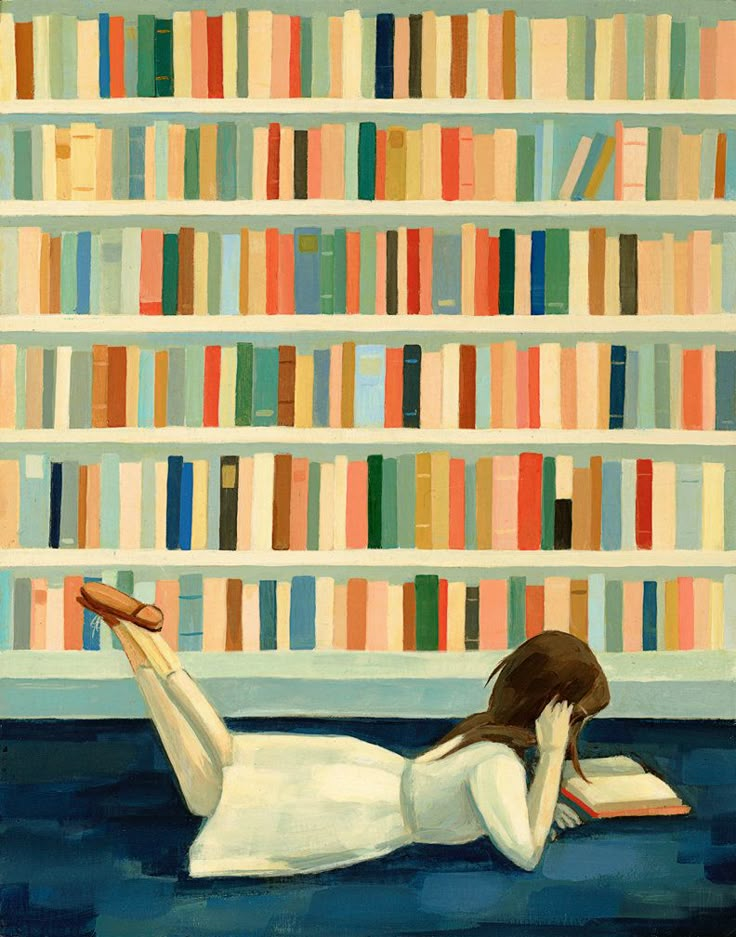 Like many alcoholics, knowing he might be detoxed the next day, he had decided to go on a bender soon after we had left the previous night. Things had moved from bad to worse in the last twelve hours. Eventually after a lot of hard work and persuasion, we got him dressed, out of the front door and into the car.
Like many alcoholics, knowing he might be detoxed the next day, he had decided to go on a bender soon after we had left the previous night. Things had moved from bad to worse in the last twelve hours. Eventually after a lot of hard work and persuasion, we got him dressed, out of the front door and into the car.
Slowly my husband manoeuvred through the busy Brighton holiday traffic as we searched for the drop-in centre. David’s physical state was very unstable and deteriorating fast and we could only hope that there would be someone at the centre who would know what to do and could get help quickly if he had a seizure.
We parked and managed to half drag, half walk David along to the narrow flight of steps which led to a small basement room. We sat and waited and I looked anxiously at my boy. He started to shift around, his hands shaking uncontrollably and beads of sweat appeared on his nose and forehead. He leant heavily against us. He begged me to get him his drink which I realised we had stupidly left in the car.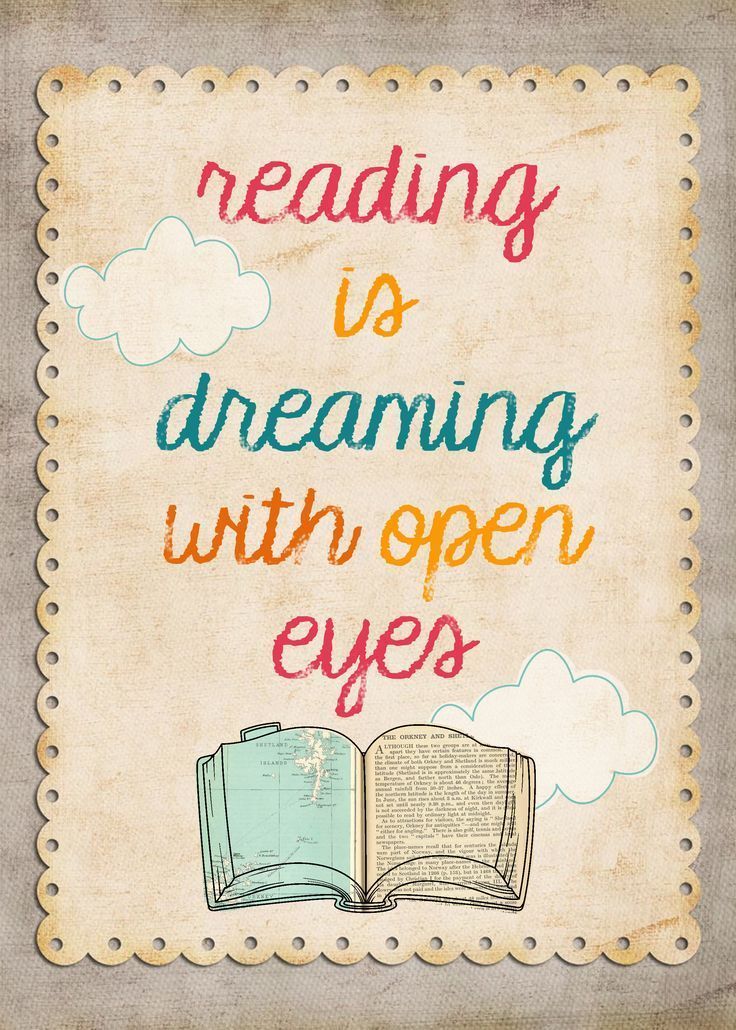 There was nothing for it. I ran all the way back and grabbed his life saving bottle of vodka. I was desperate. My only aim now was to get the vodka down David’s throat as quickly as possible before he collapsed.
There was nothing for it. I ran all the way back and grabbed his life saving bottle of vodka. I was desperate. My only aim now was to get the vodka down David’s throat as quickly as possible before he collapsed.
I almost threw myself back into that horrid little basement room. David reached for the bottle and slugged down the liquor at full speed.
After what seemed an eternity we were called into a little back room, somewhat grandly called an office. David sat down and we stood, looking now at the man we hoped might be our son’s salvation.
He was a large West Indian Rastafarian with a rainbow tea cosy on his head and the brightest shirt I have ever seen. He had a broad toothy smile and listened intently, sometimes nodding sometimes staring at David as we told him our story.
When we finished he just grunted and said there was nothing he could suggest immediately. That he heard cases like this every day and started to look up addresses in a book on his cluttered desk.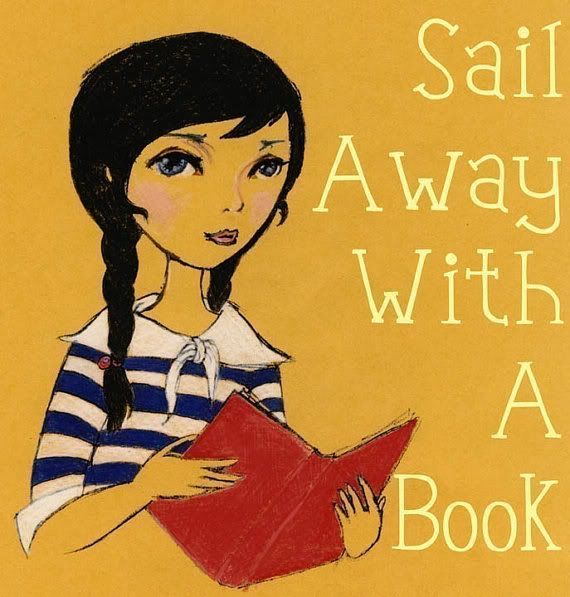 All he could offer was an out-patient counselling session for David – probably, and he stressed probably, in six weeks time. I do not think any of us could believe the futility, given the situation.
All he could offer was an out-patient counselling session for David – probably, and he stressed probably, in six weeks time. I do not think any of us could believe the futility, given the situation.
We looked at the state David was in and thought he could be dead in six hours how on earth could he hold on for six weeks? We left in utter despair.
We got David into the car, his condition had deteriorated and he was vomiting badly and we realised that he needed expert help fast so we headed for the hospital.
Whilst Keith was desperately trying to find the right road I rang our family doctor to get advice in case we needed to give David emergency treatment ourselves.
Once again she was utterly hopeless, freezing as she realised that she had to deal with a potentially dangerous situation and was unable to help us. She made no effort to calm our fears, in fact made things far worse as she panicked.
What seemed like an age, we found the hospital and dragged him in. I explained to the nurse the severity of his symptoms and the certain outcome if he did not have medical intervention very quickly. She calmly told me to sit down and that David would be treated as soon as possible. We waited and waited and eventually my anxiety overtook my natural reticence. I went up to the nurse and demanded that David was seen and said that if he was not given diazepam or some other stabilising drug quickly he would fit very badly.
I explained to the nurse the severity of his symptoms and the certain outcome if he did not have medical intervention very quickly. She calmly told me to sit down and that David would be treated as soon as possible. We waited and waited and eventually my anxiety overtook my natural reticence. I went up to the nurse and demanded that David was seen and said that if he was not given diazepam or some other stabilising drug quickly he would fit very badly.
At last, after what seemed an interminable delay a doctor prescribed medication. As it took effect David gradually calmed down and the danger receded.
After a couple of hours he was seen by a second doctor who discussed his drinking. He said David would be seen by an in-house psychiatrist before he would be allowed to go home. He told us that there were no facilities for David to remain in hospital and he would be discharged that day.
The psychiatrist filled in a long form covering the history of his drinking, and said it would be passed on to a local addiction counsellor in Brighton. We never heard or saw someone from that source again.
We never heard or saw someone from that source again.
That was it and we returned to the car, helping a still very wobbly David to get in and started the long drive to our home.
The symptoms of his withdrawal from alcohol were worse than ever. We had been given drugs to stop him fitting but they were not enough and by the evening he was begging for help. He could still barely see and he lay on the bed sweating and shaking, desperately pleading for his next tablets even though it had not been long since the last.
We looked at each other, feeling powerless and very frightened. We needed reassurance – somebody to tell us that it was going to be all right. One of us suggested phoning NHS Direct and after an interminable time we got through to a doctor who for once was so comforting in his advice. Nothing I told him fazed him. He understood completely how we must be feeling as parents. He calmly told me it was safe to increase his medication to help alleviate his symptoms.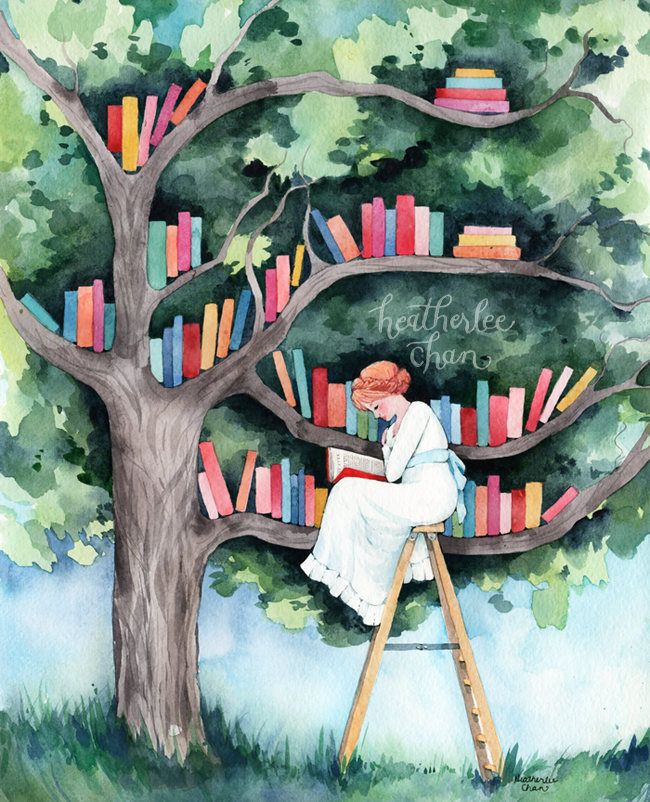 What a relief.
What a relief.
This time it was not just his medical advice that felt so good. He was the first person in a very long time that had taken a genuine interest in David and was prepared to listen.
Towards the end he told me something which of course I’d heard many times before.
He said that as soon as David felt better his best chance of lasting recovery was for us to let him go – to detach with love.
I felt that we had metaphorically travelled a long way that day yet got nowhere. We had faced the hopelessness of the drop-in centre in the morning, the despair and anxiety as we waited in the hospital, and now a faceless doctor talking with such kindly compassion.
On this day alone, our struggle to deal with the complexities of an illness like alcoholism at times seemed insurmountable. The frustration of getting people to understand the urgency of David’s predicament and his treatment and taking some sort of action to help him, both then and for the rest of his life, was an uphill struggle which I think we never really overcame.
We went to bed, that night nervously waiting for the next chapter in this story to unfold.
- Bio
- Latest Posts
Share This
How to Help an Addict by Detaching with Love
What are your needs beyond the needs of the alcoholic or addict?
One of the great gifts of the addiction recovery movement is the concept of detachment with love. Originally conceived as a way to relate to an alcoholic family member, detachment with love is actually a tool that we can apply with anyone.
Al-Anon, a mutual-help group for people with alcoholic friends or family members, pioneered the idea of detachment with love. A core principle of Al-Anon is that alcoholics cannot learn from their mistakes if they are overprotected.
That word "overprotected" has many meanings. For example, it means calling in sick for your husband if he is too drunk to show up for work. Overprotecting also means telling children that mommy didn't show up for the school play because she had to work late, when the truth is that she was at a bar until midnight.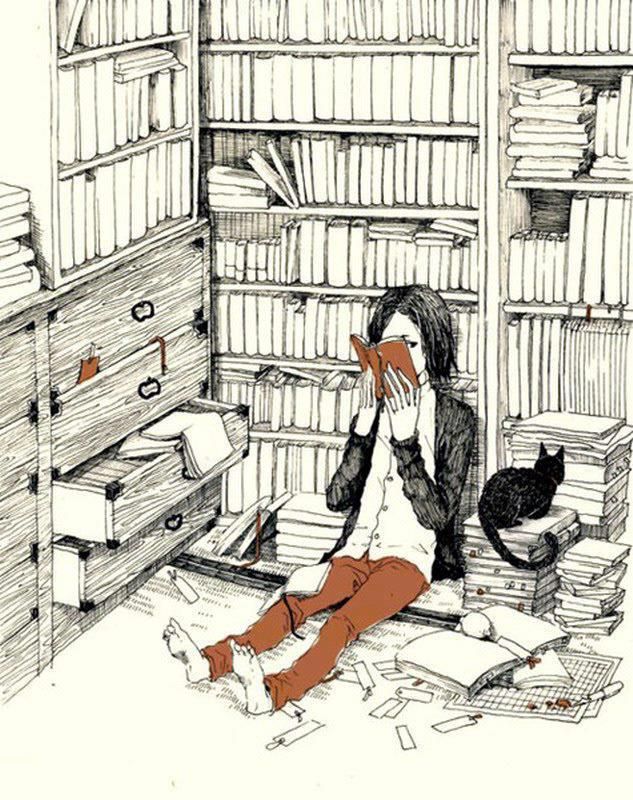
We used to call such actions "enabling," because they enabled alcoholics to continue drinking. Today we use the word "adapting," which is less blaming.
Originally, detachment with love was a call for family members to stop adapting. But as Al-Anon grew, people misunderstood detachment with love as a way to scare alcoholics into changing. Such as, "If you don't go to treatment, I'll leave you!" Such threats were a gamble that fear could force an alcoholic into seeking help.
For years the concept of detachment with love got stuck there. In fact, people still call Hazelden Betty Ford Foundation and ask, "If the person I love continues to drink or use other drugs, should I leave?"
My response is to ask family members to consider a deeper meaning of detachment with love. This meaning centers on new questions: What are your needs beyond the needs of the alcoholic or addict? How can you take care of yourself even if the person you love chooses not to get help?
Detachment with love means caring enough about others to allow them to learn from their mistakes. It also means being responsible for our own welfare and making decisions without ulterior motives-the desire to control others.
It also means being responsible for our own welfare and making decisions without ulterior motives-the desire to control others.
Ultimately we are powerless to control others anyway. Most family members of an addicted person have been trying to change that person for a long time, and it hasn't worked. We are involved with other people but we don't control them. We simply can't stop people from doing things if they choose to continue.
Understood this way, detachment with love plants the seeds of helping an addict with recovery. When we refuse to take responsibility for other people's alcohol or drug use, we allow them to face the natural consequences of their behavior. If a child asks why mommy missed the school play, we do not have to lie. Instead, we can say, "I don't know why she wasn't here. You'll have to ask her."
Perhaps the essence of detachment with love is responding with choice rather than reacting with anxiety. When we threaten to leave someone, we're usually tuned in to someone else's feelings.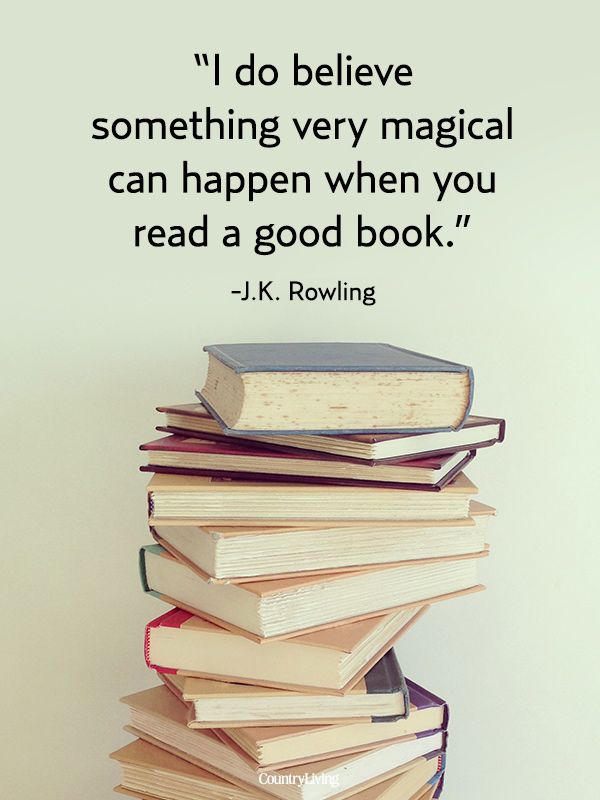 We operate on raw emotion. We say things for shock value. Our words arise from blind reaction, not thoughtful choice.
We operate on raw emotion. We say things for shock value. Our words arise from blind reaction, not thoughtful choice.
Detaching with love offers another option—responding to others based on thought rather than anxiety. For instance, as parents we set limits for our children even when this angers them. We choose what we think is best over the long term, looking past the children's immediate emotional reaction.
In this sense, detachment with love can apply whenever we have an emotional attachment to someone-family or friend, addicted or sober. The key is to stop being responsible for others and be responsible to them—and to ourselves.
Top 6 books in the category "Books on how to get over a breakup and not die"
Subject: Psychology and self-development Many people have had complicated relationships in their lives, from which their heads were spinning, and their hearts were jumping out of their chests. Most often, they ended in a painful breakup, a sea of shed tears, and prolonged depression.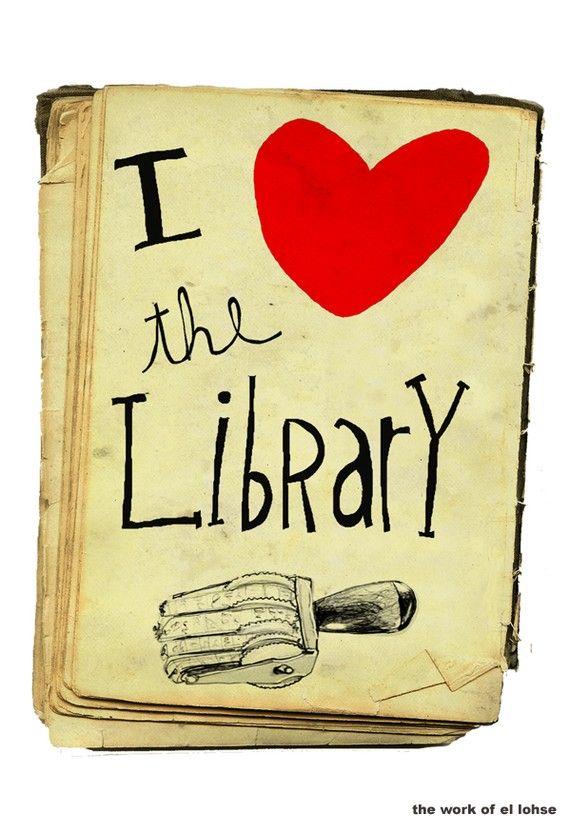 Statuses changed on social networks, the hairdresser worked on a new hairstyle, and joint photos were torn to shreds. In our selection you will find books that will help you get through a difficult breakup, forget about your ex and move on. nine0003
Statuses changed on social networks, the hairdresser worked on a new hairstyle, and joint photos were torn to shreds. In our selection you will find books that will help you get through a difficult breakup, forget about your ex and move on. nine0003
E-book Audiobook Right to "left". Why people cheat and is it possible to avoid cheating
Esther Perel
Why people decide to change, why they start other families and lead a double life for years - Esther Perel provides answers to these difficult questions. An experienced psychotherapist has worked with couples dealing with infidelity for ten years. The author analyzed and described hundreds of stories from the lives of patients. Each of them explains how to build relationships correctly, and what to do if betrayal does occur. The book was translated into 24 languages and became a bestseller in Europe. nine0009
More details
734 ₽
895 ₽
-18%
Choose the most convenient offer:
Electronic book Audiobook Life on loan.
 How to get rid of psychological addiction
How to get rid of psychological addiction Irina Mlodik
The work of the famous psychologist and author of numerous bestsellers Irina Mlodik. In her book, the girl talks about relationships in which caring for a loved one turns into violation of his boundaries, and the constant desire to be together leads to a loss of individuality. The psychologist tells what is the difference between obsession and love, how to get rid of destructive relationships and improve communication with others. nine0009
More
513 ₽
625 ₽
-18%
Choose the most convenient offer:
Inside the man. Candid stories about love, relationships, marriage, infidelity and women
Tamriko Sholi
To understand the reason for her failed romances, the author asked 201 men to answer her tricky questions. The book contains men's thoughts about women and love for them, about family, honesty and betrayal. This unique project will change the usual ideas about a strong field, help you analyze your behavior and avoid repeating mistakes. nine0009
nine0009
More
718 ₽
875 ₽
-18%
Choose the most convenient promotion:
Together or apart. How to heal wounds and move on
Douglas Snyder, Donald Baucom, Christina Coop Gordon
Finding out about a loved one's betrayal is always hard and painful. At such a moment, it seems that the earth is slipping away from under your feet and there is no more strength to live. This book is designed to help you understand the current situation and find the right solution for yourself. The authors are practicing psychologists, so the text is filled not only with dry theory, but also with real life examples. After reading this work, you will determine how to cope with emotional shock and in which direction to move. nine0009
Read more
E-book Audiobook How to survive a breakup and become happy. 20 tests and 25 rules
Tarasov E.A.
Evgeny Tarasov is an experienced psychologist and psychotherapist, he has many successful books and unique texts to his credit.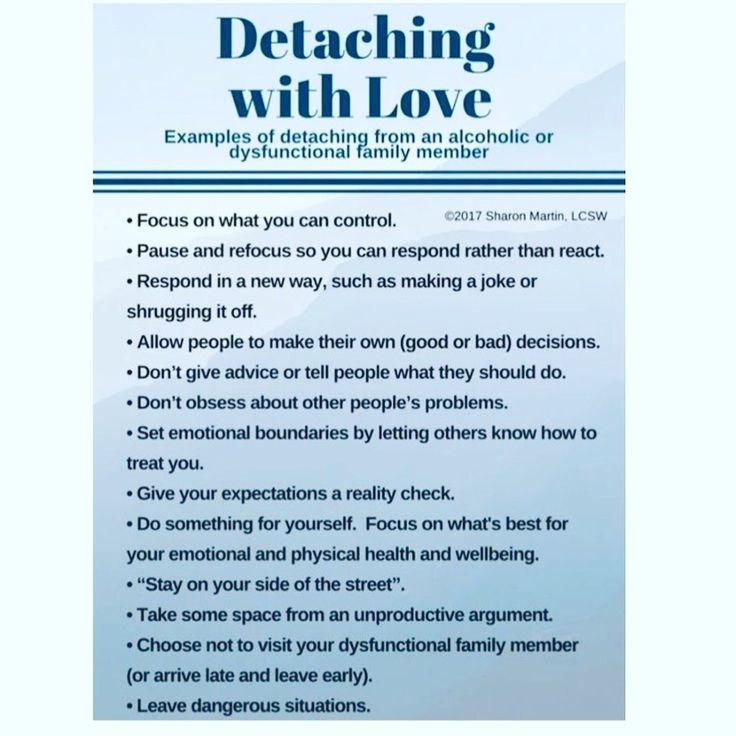 After reading this work, you will learn how to survive a difficult parting with a loved one, get rid of feelings and suffering. The author will tell you how to regain interest in the opposite sex and start a new romantic story. nine0009
After reading this work, you will learn how to survive a difficult parting with a loved one, get rid of feelings and suffering. The author will tell you how to regain interest in the opposite sex and start a new romantic story. nine0009
Read more
E-book Audiobook When everything falls apart. Heart advice in difficult times
Pema Chodron
This book has helped millions of people through difficult times. In the West, the publication has been on the bestseller list for 20 years. Buddhist nun Pema Chodron tells how to deal with mental pain and cope with life's difficulties. The author gives advice based on the teachings of his teachers, the legendary masters of Tibetan Buddhism. Pema Chordon mentions that it was the difficulties in her personal life that she had to endure that opened in her the strength to change herself for the better. nine00003
More
520 ₽
675 ₽
-23%
Choose the most convenient promotion:
Book 3: Angel's Horn
Dina Rubina
The final part of Dina Rubina's long novel "Napoleon's convoy".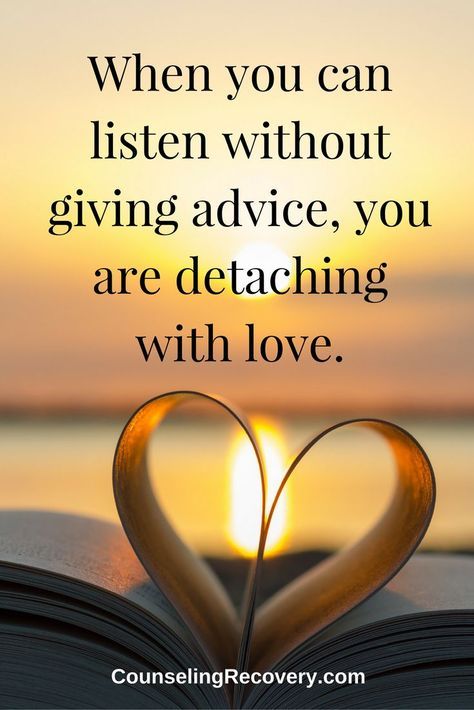 The feelings of Hope and Aristarchus are similar to the love of Orpheus and Eurydice. Neither time nor distance could destroy them. After many years, the lovers meet each other, but only to part again. nine0009
The feelings of Hope and Aristarchus are similar to the love of Orpheus and Eurydice. Neither time nor distance could destroy them. After many years, the lovers meet each other, but only to part again. nine0009
More
898 ₽
1095 ₽
-18%
Choose the most convenient promotion:
E-book Audiobook Save yourself. Book 2
Mona Castaing
The second book of the romantic trilogy by the young German writer Mona Castaing. Ruby and James are crazy about each other. And no one can interfere with their feelings. So the girl thought, exactly until she found her lover in the arms of another ... Will Ruby be able to forgive the guy, or has their fairy tale come to an end? nine0009
more
570 ₽
695 ₽
-18%
Select the most convenient action:
144 ₽
239 ₽
-40%
Other editions
Electronic Book Status: Former Book status:
Daria Soifer
Light romantic comedy from a young and talented author Daria Soifer. Tanya fell head over heels in love with the famous life coach Nick Baigozin. Well, how not to fall in love with the man of your dreams? He laid the whole world at her feet and made her believe in miracles. But all this turned out to be an illusion. Four years later, the girl realized that there were a lot of people like her “only” with Nick. Deceived Tanya seriously intends to take revenge on the traitor. But what if Baigozin is really in love with her? nine0009
Tanya fell head over heels in love with the famous life coach Nick Baigozin. Well, how not to fall in love with the man of your dreams? He laid the whole world at her feet and made her believe in miracles. But all this turned out to be an illusion. Four years later, the girl realized that there were a lot of people like her “only” with Nick. Deceived Tanya seriously intends to take revenge on the traitor. But what if Baigozin is really in love with her? nine0009
more
360 ₽
445 ₽
-19%
Select the most convenient action:
78 ₽
129 ₽
-40%
Electronic book of audiobook, I release you
Metalitskaya
For eight long years, Nika lived in the hope that her beloved Ilya would leave his wife and their life would improve. Years passed and nothing changed. And it took the girl a few days to completely change her fate. It turned out that parting is much easier than to endure betrayal and resentment.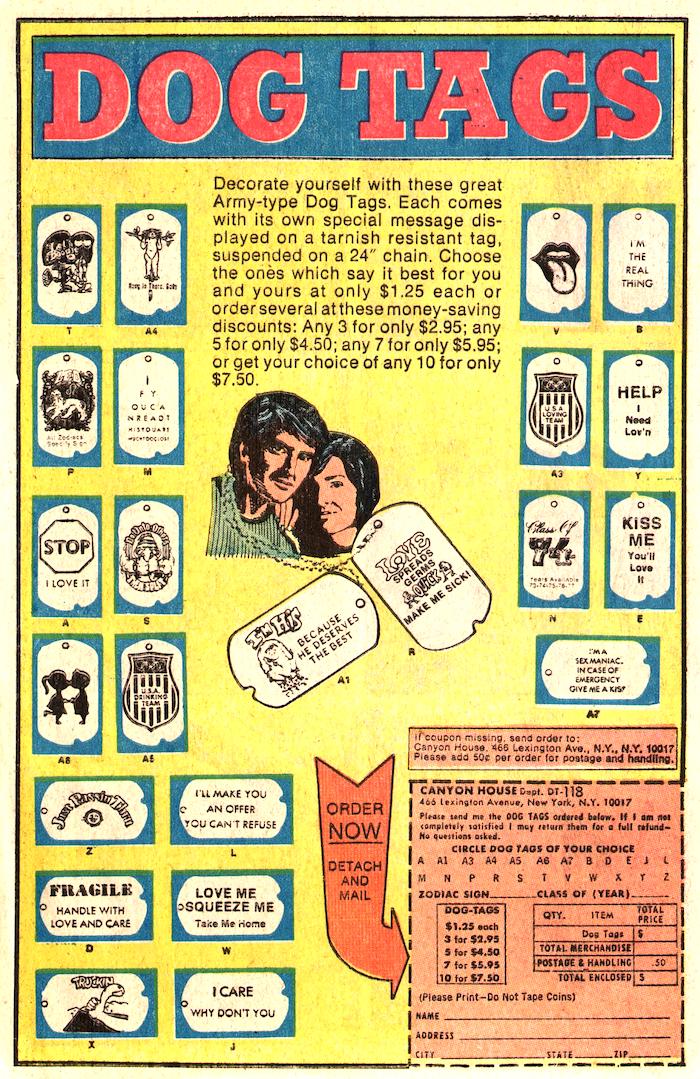
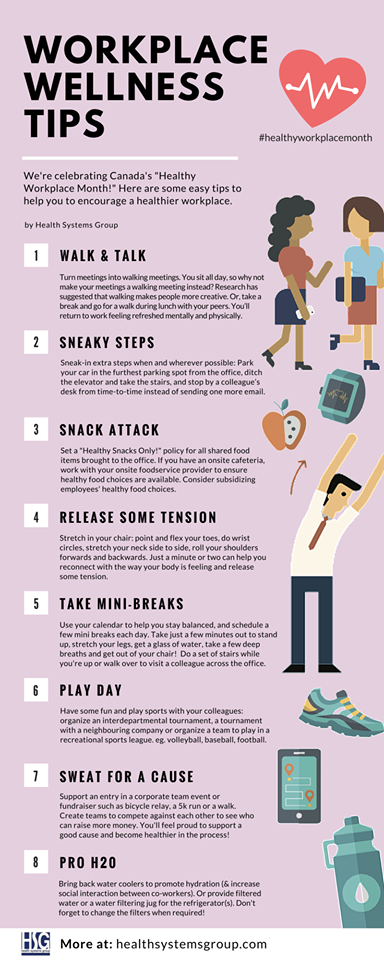

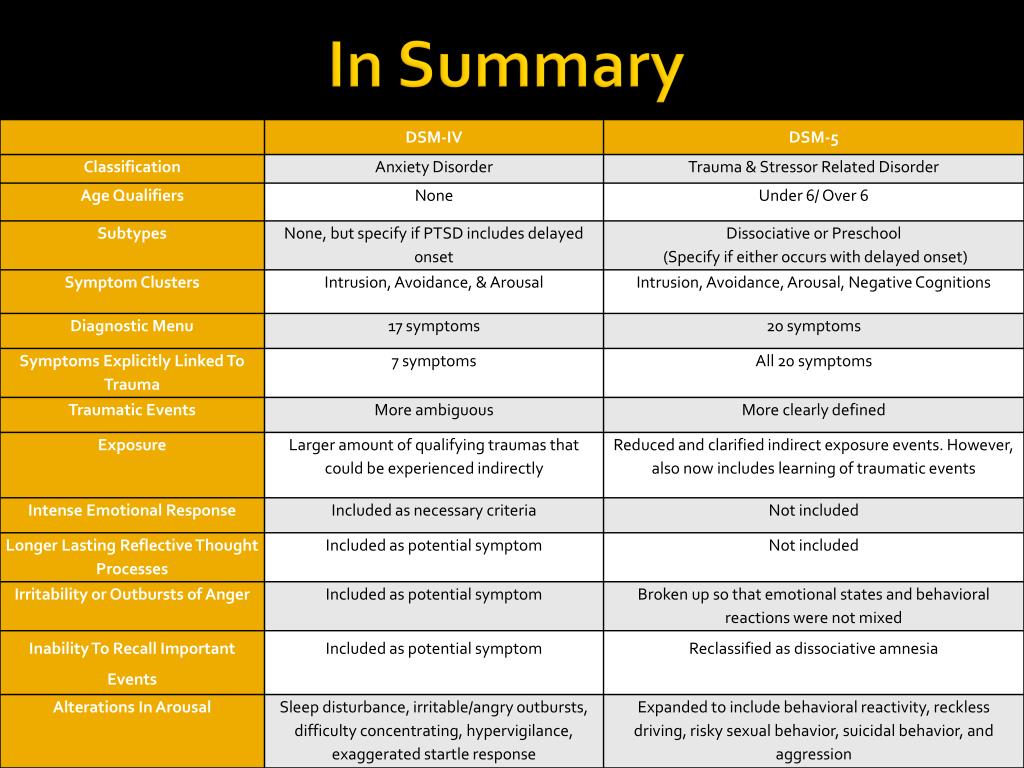
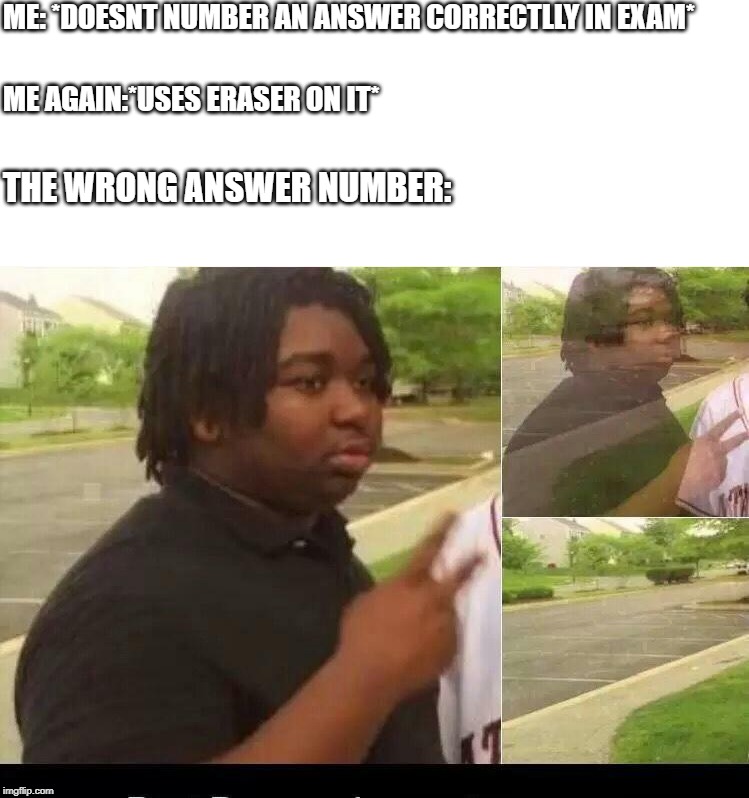
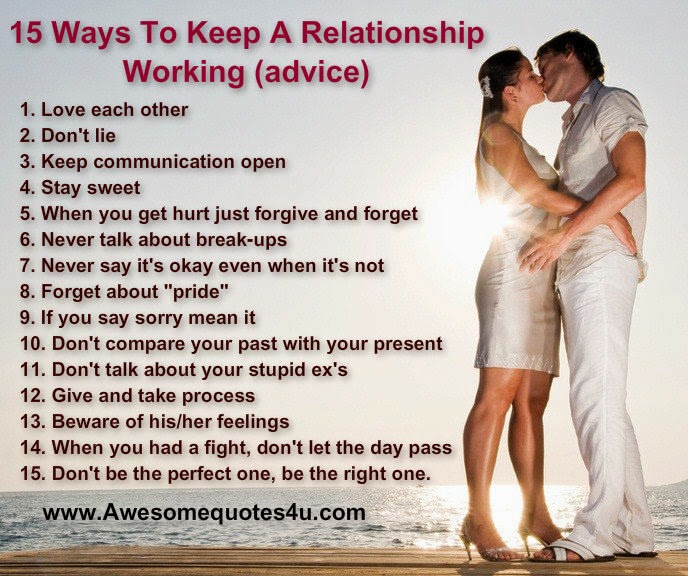.jpg)

